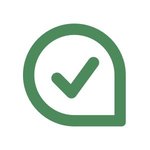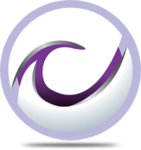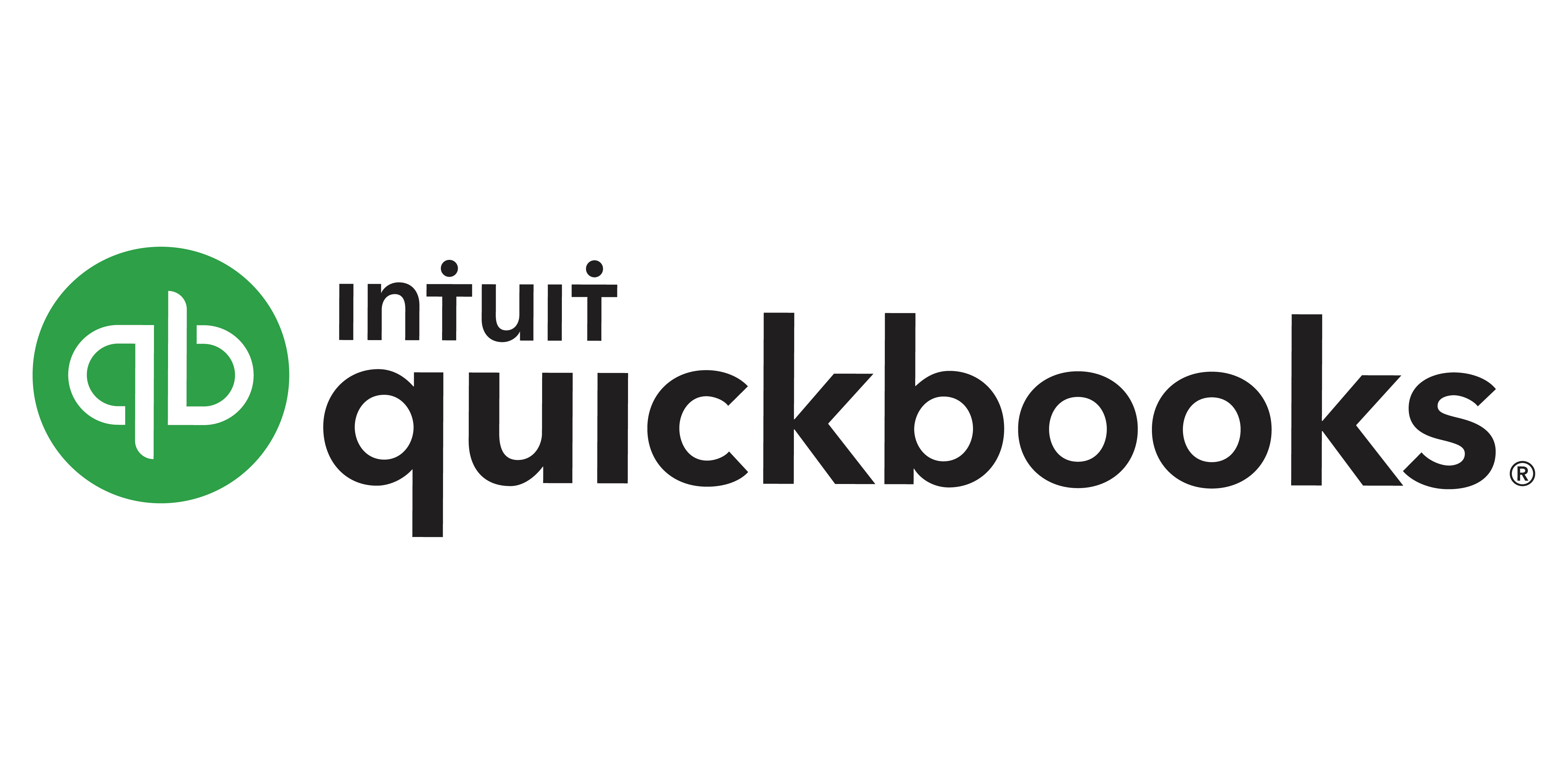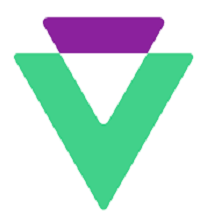What Is Accounting Practice Management Software?
A technological solution created especially to help accounting firms manage and streamline their daily operations is accounting practice management software. It functions as a complete solution to manage many facets of the accounting industry, such as financial reporting, time tracking, project management, client contact, and billing.
By centralizing client data, automating repetitive operations, and offering real-time visibility into the firm's financial performance, this software improves workflow efficiency and organization in accounting firms. Both big and small accounting organizations can benefit from it by using it to increase production, cut down on errors, and save time.
The ability to handle clients is one of the main characteristics of accounting practice management software. This makes it simple for businesses to save and retrieve client data, including contact details, project specifics, and correspondence history. This lowers the possibility of data loss or duplication and does away with the necessity for human record-keeping. Businesses can also assign tasks to team members, monitor progress, and set deadlines with the help of task and project management services.
This promotes productive teamwork and guarantees project completion on schedule, which raises client satisfaction. The software's billing and invoicing features make it easier for accounting companies to bill their clients. They save time and effort on billing activities by automatically creating invoices, tracking payments, and sending reminders.
The software can also be integrated with accounting systems to facilitate financial analysis and reporting. In order to further personalize their workflow, some sophisticated accounting practice management software also provides connectors with other technologies, like document management, email marketing, and third-party apps.
Buyers should search for accounting practice management software that offers dependable customer service, customized features, and user-friendly interfaces. To select the best option, they should also take their company's size, financial constraints, and unique requirements into account.
What Are the Recent Trends in Accounting Practice Management Software?
The accounting sector has seen a dramatic change in recent years toward the use of technology for practice management. The requirement for accounting procedures to be more accurate, efficient, and compliant has caused this change. The creation of software especially for managing accounting practices has therefore increased dramatically.
To assist you in selecting the best software for your accounting firm, we will go over the most recent developments in accounting practice management software in our buyer's guide.
1. Cloud-Based Solutions: The move to cloud-based solutions is one of the biggest developments in accounting practice management software. Accounting professionals may operate from any location at any time thanks to cloud-based software, which provides remote access to data. Because of the COVID-19 epidemic, this has been very helpful in the present remote work environment. Additionally, cloud-based systems offer automated backup and update services, guaranteeing that all data is current and safe.
2. Automation and Artificial Intelligence (AI): In recent years, there has been a notable surge in the application of automation and AI in accounting practice management software. By automating monotonous processes like data input, reconciliation, and report production, these technologies allow accountants to devote more time to more intricate and analytical work. Additionally, AI can offer suggestions and insights for better decision-making, which will increase the accuracy and efficiency of accounting procedures.
3. Integration with Third-Party apps: Integration with third-party apps is another trend in accounting practice management software. The emergence of specialist software for various accounting tasks, including inventory management, payroll, and invoicing, has made integration features an essential consideration when choosing practice management software. This makes it possible to streamline the workflow, which lowers the need for manual data entry and boosts productivity.
4. Mobile-Friendly Solutions: Being able to access information while on the go has become crucial in the fast-paced business world of today. Consequently, mobile-friendly accounting practice management software has become more and more popular. This increases flexibility and efficiency by allowing accountants to manage bills, log time, and access client information from their mobile devices.
5. Greater Attention to Data Security: Because financial data is sensitive, cybersecurity has emerged as a major concern for companies. As a result, strong security features, including data encryption, multi-factor authentication, and frequent security audits, are increasingly included in accounting practice management software. This guarantees that private financial data is shielded from online attacks and illegal access.
Benefits of Using Accounting Practice Management Software
Accounting practice management software, sometimes referred to as PMS or practice management software, is a potent instrument made to automate and simplify crucial accounting procedures for small, medium, and large businesses. This program, which makes use of the newest technology, has a number of advantages that can help you increase efficiency, decrease errors, and save time in your accounting practice.
The capacity of accounting practice management software to centrally handle all facets of your accounting practice is one of its main benefits. This covers teamwork, document management, time tracking, and client billing. You can save time and money by eliminating the need for various software solutions by combining these duties onto a single platform.
Additionally, PMS provides a user-friendly interface that makes information access and navigation simple for clients and accountants alike. As a result, you may save time on training and concentrate on more important responsibilities because even those without a solid accounting experience can use the software with ease. The capacity of PMS to automate repetitive operations is another important advantage.
This program may drastically cut down on the time and effort required for manual activities with features like scheduled reporting, invoice generating, and automatic data entry. You can thus finish activities more quickly and accurately, which boosts output and reduces the possibility of human error. Additionally, PMS offers real-time data tracking and analysis, enabling you to keep an eye on the financial performance of your company and make wise decisions.
Having immediate access to financial records allows you to see any irregularities or problems and take swift action to resolve them, maintaining the smooth operation of your practice. This program also has improved security features to safeguard private financial data. You can guarantee the safety and security of your clients' information by using data encryption, role-based access, and frequent backups.
Lastly, PMS is appropriate for businesses of all sizes due to its exceptional scalability. You can simply update your software to suit your evolving demands as your practice expands, doing away with the need to invest in a new system or do laborious data transfers.
Important Factors to Consider While Purchasing Accounting Practice Management Software?
You should take into account a number of aspects when buying accounting practice management software to make sure you're making the best choice for your company. These elements will affect your practice's overall success in addition to the efficacy and efficiency of your accounting procedures.
The following are crucial considerations when investing in accounting practice management software:
1. Features and Functionality: The software's features and functionality should be the first and most crucial consideration. List the characteristics that are absolutely necessary for your practice and contrast them with the features that the program provides. Billing and invoicing, time tracking, financial reporting, and tax administration are a few important elements to consider.
2. Integration with Other Products and Systems: Selecting software that is simple to interface with other products and systems that are already in use by your practice is crucial. By doing this, errors and duplicate entries will be less likely to occur, and data transmission will be seamless.
3. User-Friendliness: All user levels should find the product easy to use and navigate. This will enable your employees to quickly become accustomed to the new system and save time on training.
4. Cloud-Based or On-Premise: You can select software that is either on-premises or cloud-based. While on-premise software gives you exclusive control over your data, cloud-based software provides greater flexibility and remote access. Before choosing, think about your technical capabilities and commercial needs.
5. Security and Data Backup: To safeguard private client information and sensitive financial data, the program should have strong security features. In order to guard against data loss, it should also provide regular data backups.
6. Scalability: Your software should be able to expand along with your practice. Choose software that has features that can be altered to suit your changing demands and can handle an expanding number of clients and users.
7. Client Support and Training: In the event that you run into problems or have inquiries, it's critical to have dependable client support from the program vendor. In order for you and your employees to fully utilize the software's capabilities, you should also make sure that it comes with the necessary training and resources.
What Are the Key Features to Look for in Accounting Practice Management Software?
Accounting practice management software is a vital tool for modern accountants. It streamlines processes, increases efficiency, and helps firms deliver top-notch services to their clients. However, with so many options available in the market, it can be overwhelming to choose the right software for your accounting practice. To help you make an informed decision,
Here are the key features to look for in accounting practice management software:
1. Time and billing management: The software should have a built-in time and billing management feature that allows you to track the time spent on each client and generate accurate invoices. This feature helps you monitor your team's productivity, increase billable hours, and improve cash flow.
2. Client database: A comprehensive client database is crucial for managing client information, including contact details, engagement history, and documents. Look for software that offers customizable fields, automatic updates, and easy search options to streamline client management.
3. Workflow automation: Automation is a lifesaver when it comes to managing multiple tasks and deadlines efficiently. Features like customizable task templates, automated reminders, and automated document creation not only save time but also reduce the risk of errors.
4. Document management: Accounting firms deal with a vast amount of documents daily. Hence, the software should have a secure document management system that allows you to store, organize, and access client documents easily. It should also have features like version control and document sharing for seamless collaboration with team members and clients.
5. Integration with accounting software: Choose a software that integrates with popular accounting software like QuickBooks, Xero, or FreshBooks. This allows for automatic syncing of data, eliminating the need for manual data entry and reducing the chances of errors.
6. Reporting and analytics: The software should have robust reporting and analytics capabilities to track key performance metrics, measure the success of projects and client engagements, and make data-driven decisions to improve business operations.
7. Security and compliance: Protecting sensitive client data is crucial for any business, especially for accounting firms handling financial information. Look for software that offers industry-standard security measures like data encryption, firewalls, and role-based access control to safeguard your clients' data.
8. Mobile accessibility: In today’s fast-paced world, the ability to access information on the go is a must. Choose a software that offers a mobile app or has a responsive design to access client information, track progress, and manage tasks, even when you are out of the office. Selecting the right accounting practice management software can significantly impact the growth and success of your accounting firm.
Why Do Businesses Need Accounting Practice Management Software?
Software for managing accounting practices is a useful resource for companies of all kinds, from major corporations to independent practitioners. Bookkeeping, invoicing, tax preparation, and budgeting are just a few of the financial management tasks that this program provides a thorough and effective solution for. Having trustworthy accounting practice management software is crucial for the success and expansion of any firm, given the growing significance of timely and accurate financial data.
Simplifying financial procedures is one of the main reasons companies require accounting practice management software. Important financial decisions may be delayed as a result of manual bookkeeping and record-keeping, which can be laborious and prone to mistakes. Businesses can speed up financial reporting, automate data entry, and lower the possibility of human error with the correct software, enabling them to make more strategic and well-informed decisions more quickly.
Additionally, firms can see their financial performance in real time with accounting practice management software. Businesses can keep an eye on their cash flow, expenses, income, and other important financial variables in one place with configurable dashboards and reports. Businesses may find areas for improvement, possible cost-saving measures, and make well-informed decisions that can boost their bottom line thanks to this degree of data visibility.
The flexibility of accounting practice management software to interface with other corporate tools is a noteworthy advantage. This implies that companies can easily move data between the program and other programs like customer relationship management, payroll, and inventory control. Manual data entry is no longer necessary thanks to this connectivity, which also gives companies a more comprehensive picture of their operations.
Accounting practice management software not only simplifies financial procedures and offers real-time insight, but it also assists companies in guaranteeing adherence to legal and regulatory requirements. With features like audit trails, compliance alerts, and automated tax computations, these software programs can assist companies in maintaining compliance and avoiding fines.
How Much Time Is Required to Implement Accounting Practice Management Software?
The size and particular requirements of your company, as well as the program's level of complexity, can all affect how long it takes to adopt accounting practice management software. The installation procedure often takes a few weeks to many months. Usually, the first stage in the implementation process is a consultation with the software vendor to go over the particular needs of your company and choose the best implementation strategy.
Depending on everyone's availability, this first phase could take a few days to a week. The software must then be adjusted and set up to match the particular workflows and procedures of your company. Several days to a few weeks may pass, depending on how big and complicated your company is. Data migration is typically the next step after software configuration, during which your current financial data is moved to the new system.
Depending on the volume of data and the intricacy of the transfer, this procedure may take a few days to several weeks. Following the completion of the data migration, you and your team will require training on the proper use of the program. Depending on how many employees will be utilizing the program and the learning curve, this training could take a few days to a few weeks.
All things considered, it's critical to give the implementation procedure enough time to guarantee a seamless transition and the software's effective adoption. To reduce any delays or problems, it is also crucial to collaborate closely with the software vendor and adhere to their suggested schedule and procedures.
What Is the Level of Customization Available in Accounting Practice Management Software?
The purpose of accounting practice management software is to effectively manage a company's financial operations. The degree of customization offered by various software alternatives in this area is one of the primary characteristics that distinguishes them. This speaks to the software's adaptability to the unique requirements and tastes of a given company or accountant. Understanding the degree of customization available and determining whether the software meets your business needs are crucial when thinking about it for your accounting profession. When examining the customization options provided by accounting practice management software, keep the following considerations in mind:
1. Customizable features: To start, consider the variety of characteristics that are available for customization. This can involve the user interface, report templates, and data organization. Software can be better adapted to your company's specific demands if it has more capabilities that allow for customization.
2. Workflow flexibility: Workflow flexibility is a crucial component of customisation. This is the capacity to alter the procedures and actions required to do a specific task. Your accounting procedures may become more effective and streamlined as a result.
3. Tool integration: A lot of accounting practice management software allows for integration with other programs, including project management, tax, and CRM software. Businesses with certain requirements and preferences may find this advantageous since it enables a smooth transfer of data between various platforms.
4. Tailored analytics and reporting: In order for every organization to make wise decisions, analytics and reporting are essential. Seek out software that lets you alter analytics and reporting to suit your needs as a firm. This can contain visuals, the data points to be included, and the option to store personalized reports for later use.
5. Add-ons and plugins: For further functionality, certain applications may provide extra add-ons and plugins that can be integrated. These add-ons can be tailored to your company's requirements and can improve the software's overall functionality. In conclusion, there might be a wide range in the degree of customisation offered by accounting practice management software. It is crucial that purchasers thoroughly consider their tastes and business objectives before selecting software that provides the appropriate degree of customization to satisfy these demands. When comparing possibilities, take into account all of the aforementioned factors and select software that can be customized to assist the efficient operation of your accounting office.
Which Industries Can Benefit the Most from Accounting Practice Management Software?
Large enterprises and tiny startups alike can profit greatly from accounting practice management software. The following sectors stand to gain the most from the use of this kind of software:
1. Accounting Firms: Accounting practice management software, as the name implies, is made especially for accounting firms. By automating duties like bookkeeping, invoicing, and client communication, this software enables them to increase productivity and optimize their operations. Additionally, it lowers the possibility of errors and increases overall accuracy in the safe and effective management of their clients' financial data.
2. Legal businesses: Like accounting businesses, legal firms handle a lot of financial data and must effectively handle it. They can get assistance with trust accounting, bookkeeping, and time tracking for billing with accounting practice management software. Additionally, it enables them to maintain accurate financial records for their clients and remain in compliance with accounting standards.
3. Healthcare Practices: From insurance billing to patient records, healthcare practices manage a significant volume of financial data. They can enhance their overall financial management and expedite their financial procedures by utilizing accounting practice management software. Additionally, it aids in maintaining the security and compliance with HIPAA rules of all patient data and financial information.
4. Consulting Agencies: Accounting practice management software is advantageous for consulting firms of all kinds. Accurate time and expense tracking is crucial for these businesses since they frequently hire freelancers or operate on a project basis. They may do so thanks to this program, which guarantees they are fairly reimbursed for their labor. It is a helpful tool for consulting firms because it also has capabilities for project management, budgeting, and invoicing.
5. Non-profit Organizations: Non-profits have particular accounting requirements, including reporting, grant administration, and donor tracking. Nonprofit-specific accounting practice management software can help expedite these procedures and guarantee adherence to donor requirements and accounting standards. Additionally, it gives them responsibility and transparency by demonstrating to contributors how their money is being used.
Conclusion
To sum up, your company can gain a lot from investing in accounting practice management software since it will streamline operations, boost productivity, and give you important information about your financial situation. It is crucial to thoroughly evaluate your budget and particular needs before making a choice. You should also investigate and contrast other solutions available on the market.
Features like time tracking, budgeting, invoicing, and tool integration should all be considered when assessing software. Consideration should also be given to the degree of customer service and ease of usage. All things considered, you may boost accuracy and productivity, save time and money, and eventually propel your company's growth and success by choosing the best accounting practice management software.
In order to make an informed choice that will ultimately benefit your business, take the time to thoroughly consider your options.






















